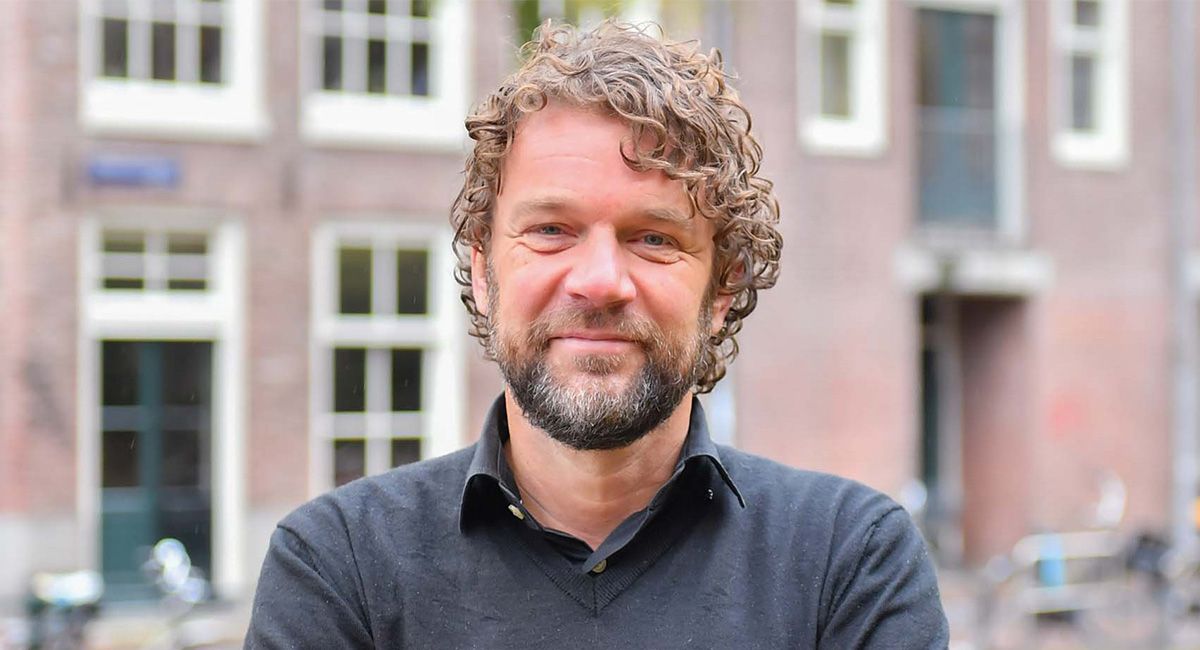Tipping points in the climate transition: Is the Netherlands ready to accelerate?
The Netherlands may be approaching crucial tipping points that could accelerate the transition to a more sustainable future. A survey of a thousand Dutch citizens reveals that nearly half (49%) agree that CO₂ emissions need to be reduced much faster than is currently happening, while 20% disagree and a third remain undecided. This suggests that the majority of people are open to speeding up the climate transition.
However, the research also shows that behavior often lags behind intentions; real action only follows when sustainable choices become cheaper or are mandated. This highlights the importance of financial incentives and regulations to drive the transition forward.
Triodos Bank report identifies five key areas where major changes are needed:
- Energy – Transitioning to renewable sources such as solar and wind energy.
- Resources – Moving towards a circular economy.
- Food – Increasing local and plant-based food consumption.
- Society – Strengthening social cohesion and community involvement.
- Well-being – Prioritizing health and quality of life over purely economic growth.
In the Netherlands, there is often more support for change than resistance. For example, nearly three-quarters of Dutch citizens believe that a healthy lifestyle should be the norm, and there is broad support for initiatives like the right to repair electronics. At the same time, some measures—such as a tax on meat or car-sharing policies—face significant opposition.
A key finding from the study is that social tipping points often do not require a majority to take effect. In fact, a committed minority of around 25% can be enough to trigger major shifts. This is promising for policymakers and businesses seeking to drive change and underscores the importance of leveraging what people are already willing to do.
The climate transition may seem complex and slow, but signs of progress are evident. By aligning policies and initiatives with public willingness, we can accelerate the shift to a more sustainable society. As the report concludes: the potential for rapid and radical change is there—it is up to us to seize this opportunity.




















